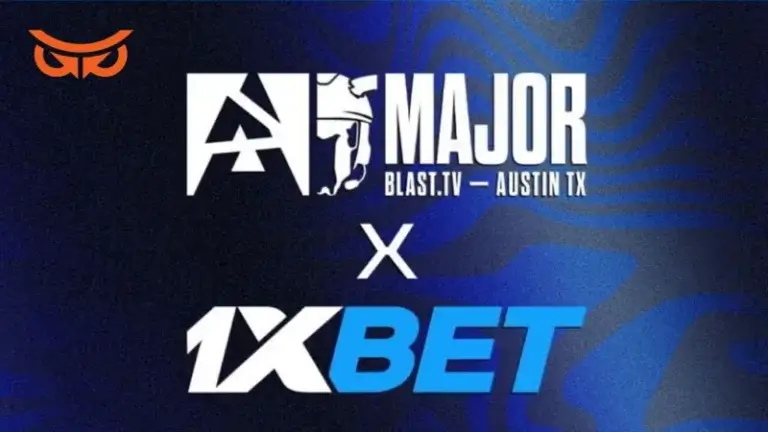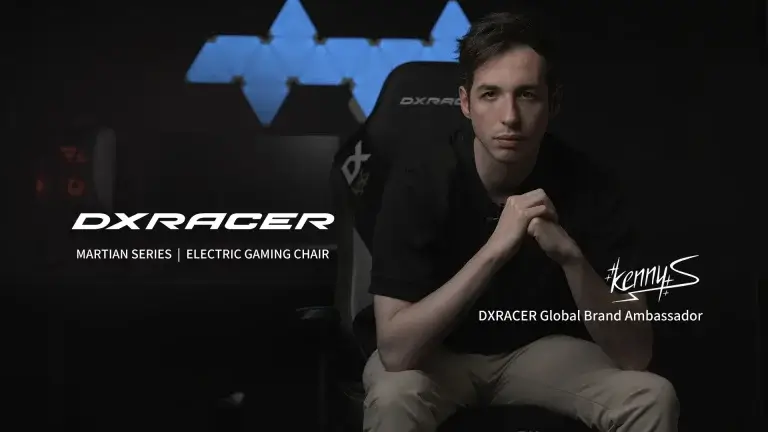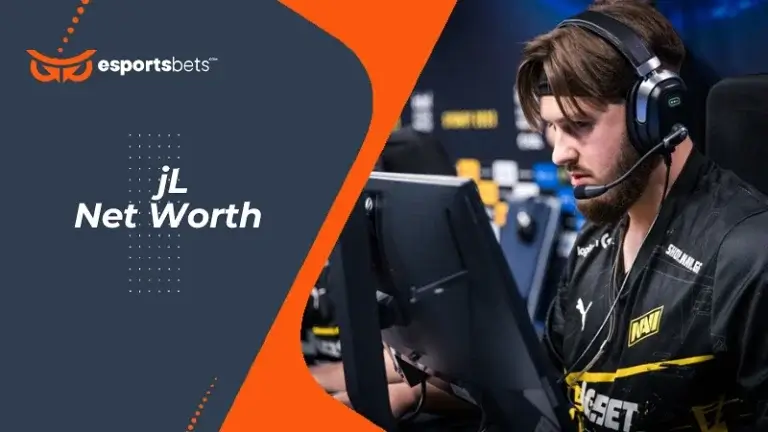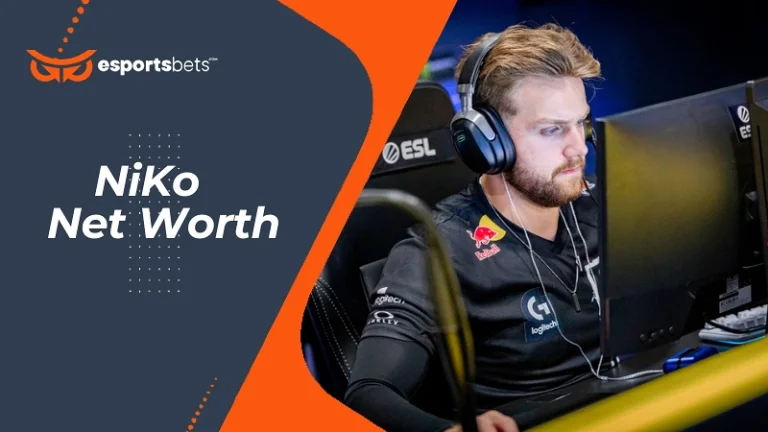GameFi and Crypto Esports Betting: Gambling on Crypto Regulations?
NFTs, blockchain-based gaming and play-to-earn (P2E) game models, often referred to as GameFi, and crypto and esports betting all offer new ways to play. Their evolution, however, will be influenced by how cryptocurrencies are regulated.
GameFi sits between decentralized finance (DeFi) and P2E blockchain gaming. It’s defined by the World Economic Forum (WEF) as “the intersection of gaming and finance in an environment driven by the use of blockchain, non-fungible tokens (NFTs) and smart contracts.”
Control to the Consumer
The ethos behind the creation of cryptocurrencies was to decentralize control of financial assets and systems away from powerful central banks and financial institutions and democratize control with everyday users. GameFi, NFTs, and metaverse projects may all deliver similar results, providing “self-serving ecosystems,” that give players more involvement, and more control.
Decentralized gambling, including crypto esports betting, also offers players a chance to transact with more freedom, away from the restrictions of local currencies or the monopolies of established betting organizations.
There are a couple of arguments that begin to appear here:
- Don’t central banks protect financial systems and consumers?
- Don’t long-standing companies provide credibility and trust in a high consumer-risk sector?
These are valid arguments, ones we’re not going to discuss in this article. However, it’s important to say that herein lies the risk that players must understand.

Regulated and lower-risk, versus unregulated and higher-risk?
The rules and regulations for cryptocurrencies and NFTs are still not clear or standardized. It is true that there are many fraudulent and very high-risk projects in these sectors and investors and consumers do run the risk of losing money.
That said, there are also many credible exciting projects and platforms that are delivering new forms of entertainment and some of them with money-making potential for gamers and consumers.
Around the world, governments and regulators are working to add standards and laws, protect consumers, and in some way control the progression of digital and decentralized finance.
The regulations that ultimately emerge as well as existing legislation as it’s applied, do and will determine the perimeters for players and GameFi innovators. The WEF outlines the regulatory concerns and says:
“Currently, there are no specific regulations around GameFi as there is ambiguity around who should regulate GameFi – primarily due to its unique features, mode of business and overlap with existing regulatory frameworks.”
For the betting sector, including esports betting, existing regulations are strong in order to protect consumers from fraud and other risks such as financial detriment or gambling addiction. The legality of cryptocurrencies for use in betting is more of a grey area for the reasons we touch upon above.
There’s also a whole argument for regulating the cryptocurrency sector in the same way as gambling, mainly because crypto investing is more like gambling than safer, more traditional, investment options.
GameFi projects may be most influenced by how NFTs are classified. In the US if there is an “expectation of profit,” then they may fall under hefty securities legislation. Also, as per the WEF, there’s an “overlap with regulations around gambling,” as some US states ban gambling, including raffles which can occur in GameFi. And, because GameFi transactions rely on cryptocurrency wallets and exchanges. Some countries also tax the transfer of cryptocurrencies and NFTs.
Cryptocurrency gambling regulations, loosely follow the precedent set by online gambling laws but all these overlapping industries and indeed technologies are developing so quickly that almost anything could happen in the future.
Esports betting brings younger generations to gambling sites and it’s still relatively new. It’s been only a year since Madden Esports held its first betting event in the US. Depending on how cryptocurrencies and NFT regulations evolve, in 12 months’ time we could be partaking in the first major title esports tournament in the metaverse with in-game NFT-powered assets and crypto betting on the outcome!
Image credit: Demigoda/Shutterstock







